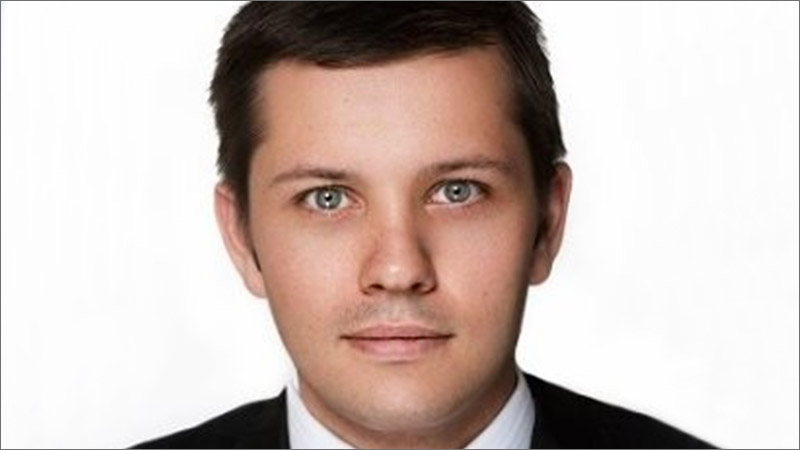Trust deeds may offer guidance on NALE issues
Looking at the trust deed of an SMSF may help trustees to determine whether they are acting in an individual or trustee capacity when undertaking certain services, said an industry law firm.
In a recent webinar, DBA Lawyers senior associate Shaun Backhaus explained that one of the complicated aspects of LCR 2021/2, the ATO’s law companion ruling on non-arm’s length expenditure, is determining what is considered trustee services.
Mr Backhaus noted that the ruling makes it clear that where the trustee is doing things in their capacity as a trustee, this won’t give rise to non-arm’s length expenditure. However, when a person is acting in a different capacity such as in an individual or employment capacity, then this will give rise to non-arm’s length expenditure.
The ruling states that for SMSFs, it may be necessary for an individual to ascertain whether they are performing an activity as a trustee of the superannuation fund or whether they are acting in a different capacity.
While the ruling provides some examples of what would constitute trustee services, Mr Backhaus said the examples are quite basic and don’t apply well in the real world, making it difficult to determine when the line sits for trustee services.
The ruling states that given the statutory restrictions that prevent a trustee or director of a corporate trustee from receiving remuneration, non-arm’s length expenditure will not be enlivened due to not charging for the services when acting in a trustee capacity.
“What it’s saying here is that given the rules in section 17A that a director or trustee can’t charge for services except for some limited circumstances [outlined] in 17B, they won’t be non-arm’s length expenses as long as you’re still acting in your trustee capacity,” Mr Backhaus explained.
Mr Backhaus said the ATO explains in the ruling that a trustee may be required to undertake certain actions under the law, such as the SIS Act or Corporations Act, and may have fiduciary obligations to manage assets of the trust.
“There may also be things in the trust deed which tell the trustee what they have to do, although most trust deeds are more permissive than requiring the trustee to do particular things,” he added.
“So just because you have individual skills and knowledge, this of itself does not indicate that you’re acting individually and not in your in your trustee capacity. You can have your knowledge from your career, or hobbies or whatever it is, and that doesn’t mean you’re not acting as a trustee and where there is an obligation to act in that way you’re presumed to be acting as a trustee unless there’s factors that prove otherwise.”
Mr Backhaus said the trust deed might therefore offer some guidance about what the trustee is expected to be doing, which may be relevant to particular matters.
“If you’re required to do something whether that’s under the trust deed or under law and you can link some sort of trustee fiduciary obligations to it, then you’ve got a lot more comfort that this is acting in a trustee capacity,” he explained.
However, Mr Backhaus warned this does not mean that SMSF trustees can simply add clauses to their trust deed stating that the trustee must provide certain services in order to be covered against potential non-arm’s length expenditure applying.
“You obviously, you can’t just put things in your trust deed that says ‘the trustee must do this’ and think that will somehow cover you. I don’t think that will work, but there may be something in the trust deed that can give you guidance around what the trustee must be doing,” he explained.
He reminded SMSF professionals and trustees that some of the factors that may indicate individual capacity are performing work under a licence or qualification that relates to an individual’s business, profession or employment or the services being covered by an insurance policy that relates to their business, profession or employment.
He also warned that the use of equipment and assets of a business could indicate acting in an individual capacity but noted that infrequent or irregular use is generally allowed.

Miranda Brownlee
Miranda Brownlee is the deputy editor of SMSF Adviser, which is the leading source of news, strategy and educational content for professionals working in the SMSF sector.
Since joining the team in 2014, Miranda has been responsible for breaking some of the biggest superannuation stories in Australia, and has reported extensively on technical strategy and legislative updates.
Miranda also has broad business and financial services reporting experience, having written for titles including Investor Daily, ifa and Accountants Daily.


